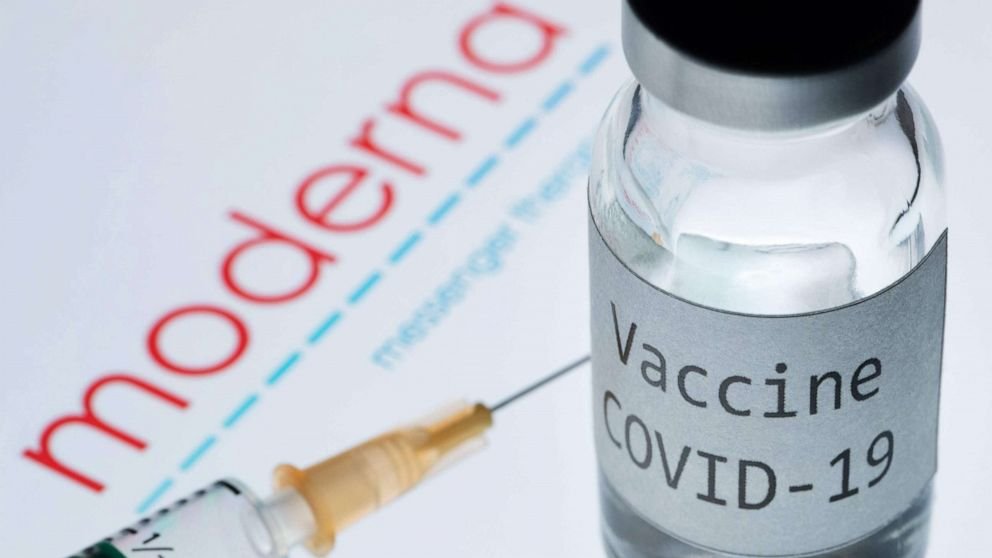BioNTech SE, Moderna Inc & Pfizer Inc:
A patent dispute has emerged involving giants BioNTech SE, Moderna Inc, and Pfizer Inc. The latter two have jointly requested a U.S. government tribunal to invalidate patents related to COVID-19 vaccine technology, patents which Moderna claims the two companies have infringed upon. The battle over these patents sheds light on the intricate web of intellectual property, scientific progress, and legal debates.
The Heart of the Dispute
The saga revolves around Pfizer and BioNTech’s challenge to Moderna’s patents. In their appeal to the U.S. Patent Office’s Patent Trial and Appeal Board, Pfizer and BioNTech assert that Moderna’s patents are excessively broad, encompassing an idea that existed well before Moderna’s claim to it in 2015. This dispute is centered on the foundational mRNA technology that underpins the development of COVID-19 vaccines—a technology that has revolutionized vaccine creation and opened doors to a new era of medical advancements.
Unraveling the Argument
Pfizer and BioNTech’s stance hinges on their assertion that the concepts and ideas behind the mRNA technology are not proprietary to Moderna’s inventions. They argue that the technology’s basic principles were understood and acknowledged in the scientific community before Moderna’s patent claims. This raises questions about the extent to which an entity can claim exclusivity over technologies that have roots in widely recognized scientific knowledge.
In their statement, Pfizer and BioNTech emphasize the collaborative nature of their vaccine’s development and express confidence in their own intellectual property. They assert that the vaccine’s foundation lies in BioNTech’s proprietary mRNA technology and a joint effort by both companies.
Implications and Complexities
The patent dispute casts a spotlight on the intricate interplay between intellectual property rights, scientific discoveries, and the competitive dynamics within the pharmaceutical industry. In the case of vaccines—especially those developed amid a global crisis—the stakes are particularly high. Rapid development and distribution are essential, but so is ensuring that intellectual property rights are respected and upheld.
The outcome of this patent dispute could set a precedent for future cases involving vaccine technologies and could influence discussions on intellectual property sharing in public health emergencies.
Collaboration vs. Competition
The case also raises questions about the balance between collaboration and competition in the scientific and pharmaceutical realms. While the pursuit of innovations often involves patent protection, there is an ongoing debate about whether certain technologies—especially those with life-saving potential—should be treated as common goods during crises.
The patent dispute between Pfizer, BioNTech, and Moderna underscores the complexities of striking this balance. The companies’ collective efforts have already led to groundbreaking advancements, and this situation prompts a broader examination of how intellectual property protection can align with global health imperatives.
Patent Outcome
The BioNTech, Moderna, and Pfizer patent dispute highlights the intricacies and dilemmas that arise when groundbreaking scientific discoveries intersect with intellectual property rights. This legal battle not only has implications for these companies but also has broader ramifications for the pharmaceutical industry, intellectual property laws, and global health policies. As discussions continue, the world watches to see how this dispute will shape the future of vaccine innovation, collaboration, and equitable access to life-saving technologies.

STA Research (StockTargetAdvisor.com) is a independent Investment Research company that specializes in stock forecasting and analysis with integrated AI, based on our platform stocktargetadvisor.com, EST 2007.









































